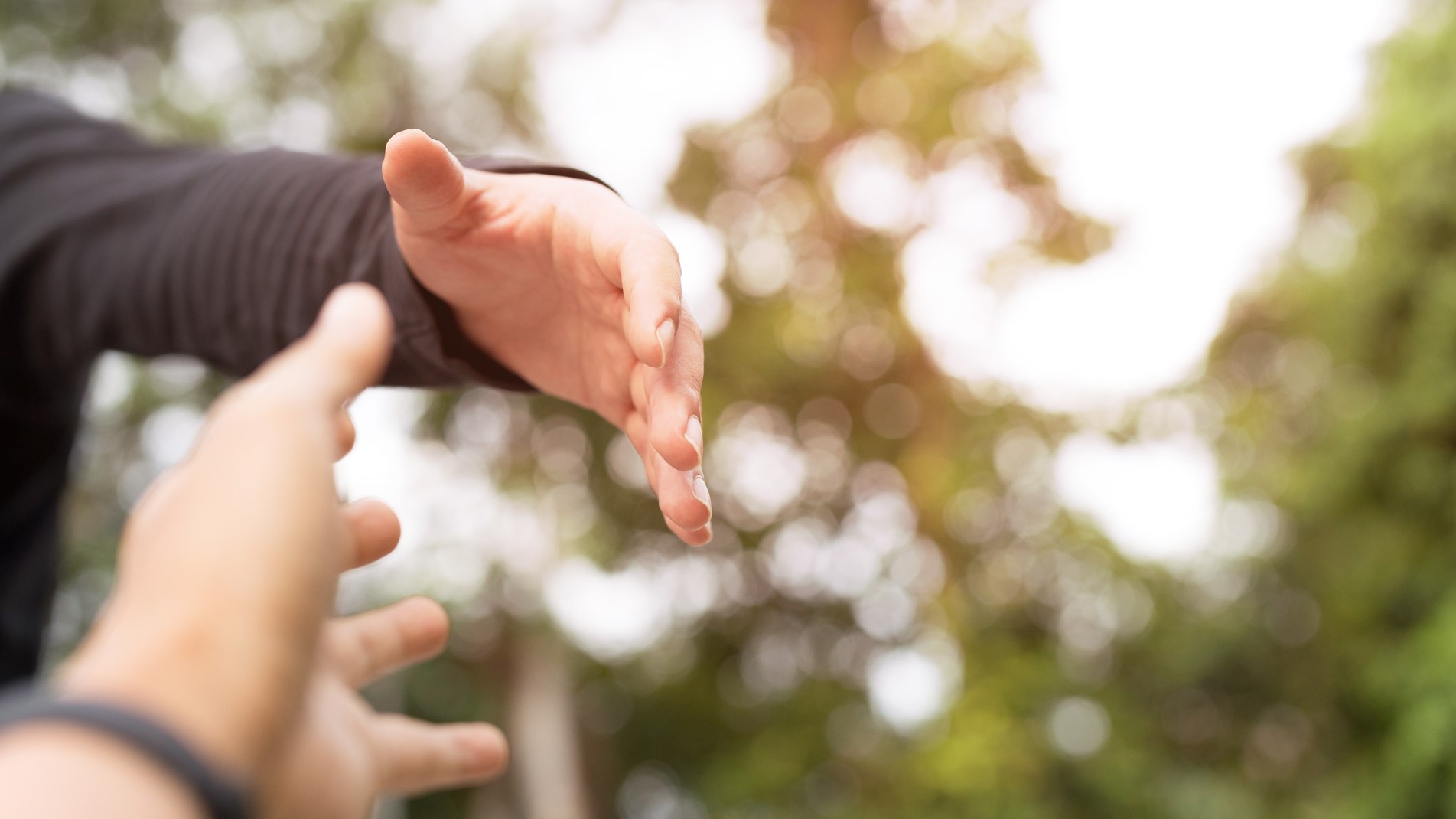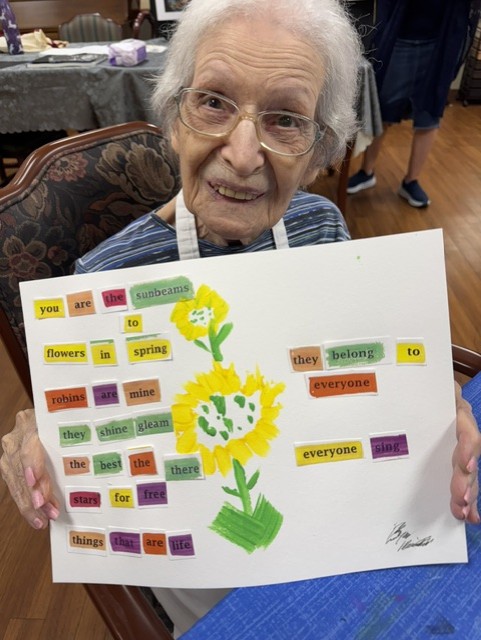Today we kick off a new series on the theme, You Have Permission To…
We begin with an idea that, for many of us, is a difficult thing to do. Asking for Help.
I love how good I feel when I help others. Yet, I despise asking for help. I think researcher and storyteller Brené Brown who’s spent two decades studying courage, vulnerability, shame, and empathy gets it exactly right when she writes in her book Rising Strong, “Dependence starts when we are born and lasts until we die. We accept our dependence as babies and ultimately, with varying degrees of resistance, we accept help when we get to the end of our lives. But in the middle of our lives, we mistakenly fall prey to the myth that successful people are those that help rather than need, and broken people need rather than help. Given enough resources, we can even pay for help and create the mirage that we are completely self-sufficient. But the truth is that no amount of money, influence, resources, or determination will change our physical, emotional, and spiritual dependence on others.”
After my mom moved into an assisted living community and sold her car, she would often lament that she had to ask other people to drive her to doctor’s appointments or other errands. I was always quick to lecture her that people are grown-ups and can say no if they would prefer not to help. Mom was always willing to help someone else when asked and I reminded her how good she felt to help others. So in effect I summarized, not asking for help prevented someone from feeling good about helping. Mom didn’t completely buy it but would ask me to make the phone call to ask someone to help her.
Then I had a leg amputated and during my recovery, I was unable to drive. I needed to ask for help to get to doctor’s appointments. (You can see where this is going, can’t you?) I lamented to mom about really hating to ask for rides and she proceeded to say, “Kim, you know people are adults and can say no if they don’t want to help, don’t you? Are you really going to block someone’s opportunity to feel good about helping? It’s OK to be dependent on others.” I detest when she throws my words back in my face.
Dependence. I even wince just typing the word. My mom always said with laughter, “Kim, your first words should have been, “I can do it myself.” And while I am grateful for the many people who have helped me throughout my life in a myriad of ways, I am still my mother’s daughter in not wanting to be a burden to others.
There are many reasons people, and by people I mean me, find it difficult to ask for help. The Harvard Business Review published a 2018 article “How to Get the Help You Need.” In it, Heidi Grant writes, “…research in neuroscience and psychology shows the social threats involved (in asking for help)—the uncertainty, risk of rejection, potential for diminished status, and inherent relinquishing of autonomy—activate the same brain regions that physical pain does.
For me, asking for help can feel that painful. Risk of rejection, check. Relinquishing of autonomy, check. Potential for someone thinking less of me, check.
But here’s the thing. Jesus encourages his followers to ask for help. In Matthew 7 (NIV), Jesus says, “Ask and it will be given to you; seek and you will find; knock and the door will be opened to you.” The Bible has a number of texts about helping others. We are told we are all created with gifts and when we have a need that does not match our gifts, asking for help from someone who does have that gift is an opportunity for that person to exercise their God-given gifts.
And yet, as a society, we seem to subscribe to the American ethos of “pull yourself up by your bootstraps” individualism. And while we may know that few advances have ever happened by one person working alone in a garage–Hewlett had Packard, Wozniak had Jobs—we continue to lift up stories about a single individual accomplishing some momentous task.
As I age, I know I need to become more comfortable in asking for help. I need to remember that I feel some honor when someone asks me to help. I don’t feel judgmental about them, I don’t think less about them, I even feel a bit closer to the person who asks me for help. Research shows that in a study, more people said yes to help another than was expected. People WANT to help.
So I pray, Divine Creator, help me set aside my pride and my desire to “do it myself” in order to be open to you—your Holy Spirit and both the divine and human hands reaching out to help. Thank you for all the people who have helped me—in both big and small ways. Holy One, help me to have a joyful heart when I am asked to be of assistance to others. Amen.
For Reflection (either individually or with a group)
Read the blog. Read it a second time, maybe reading it aloud or asking someone else to read it aloud so you can hear it with different intonation and emphases. Then spend some time with the following questions with words, crayons, clay, paints, or anything that helps you reflect more deeply. Take these questions for a walk in the woods or in your neighborhood, for a swim or a run or for a hot soak in the tub. Invite the questions to join you for tea or coffee.
- How do you feel when someone asks you to help them?
- For you, when is it easy to help and when is it more difficult?
- Looking back, in what situation would it have been better to ask for help?
Download a pdf including the Reflection Questions to share and discuss with friends, family, or members of your faith community small group.
View all articles by:






















